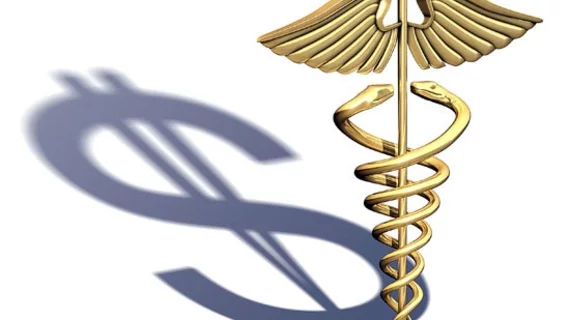Global medical isotope company secures $19M to ‘revolutionize’ nuclear medicine industry
Vancouver, British Columbia-based Artms has raised $19 million in funding that it will use to help bolster the global supply of isotopes commonly used during imaging exams, the company announced Wednesday.
Artms, a self-described global leader in creating the technology used to produce medical isotopes, will put this series A financing toward working with industry partners and commercializing its QUANTM irradiation system. The technology allows users to create locally produced radioisotopes such as gallium-68 and technetium‐99m, both critical in cancer imaging.
New York-based Deerfield Management Company led the series A financing, with continued investment coming from Vancouver-based GHS Fund.
"We are thrilled to have this significant investment with such knowledgeable, high-caliber investors,” Charles S. Conroy, chief executive of Artms, said in an announcement. “This funding gives us the financial flexibility to leverage our QUANTM Irradiation SystemTM technology and partner with customers to revolutionize the nuclear medicine industry by enabling global access to cyclotron-produced medical isotopes.”

